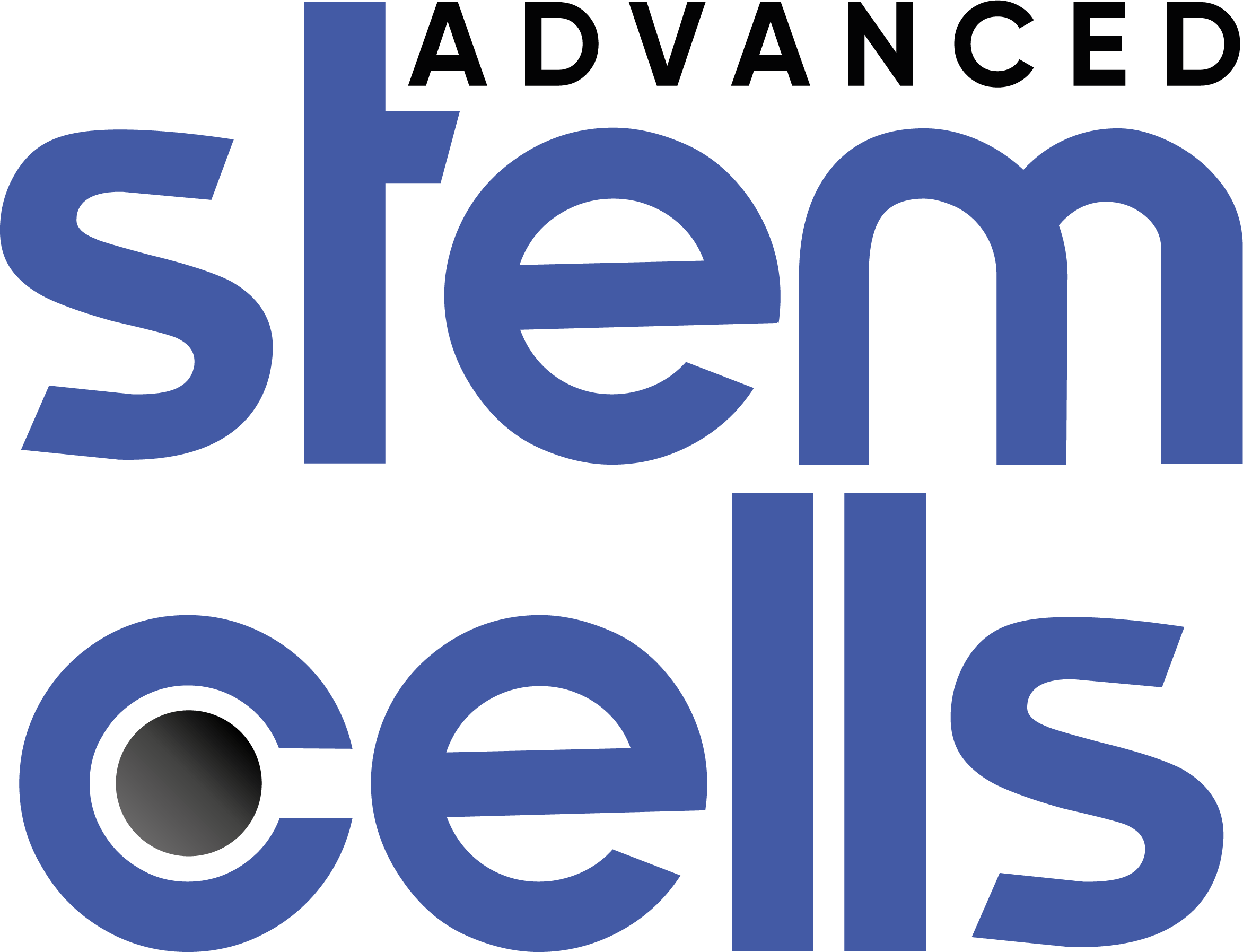Stem Cells in regenerative medicine
Our stem cells represent a significant breakthrough in regenerative medicine, offering new hope for the treatment of chronic and degenerative conditions. Through rigorous processes of isolation, characterization, and cultivation, we ensure maximum efficacy and safety of our stem cells for therapeutic use across various medical fields.
Human Placenta: Regeneration and Cellular Communication
What is Human Placenta?
Human Placenta is a regenerative product presented in powder, chunk, or gel form. It harnesses the natural properties of exosomes, proteins, and growth factors found in placental tissue to stimulate cellular repair and regeneration, making it an advanced complementary therapy in regenerative medicine.
What does it do?
- Cellular Regeneration: The exosomes and growth factors disperse into the body, promoting cellular fusion and tissue repair.
- Communication Enhancement: Facilitates yuxtacrine signaling, a process where proteins and growth factors communicate directly with cells, optimizing regeneration.
- Targeted Action: Especially effective for solid tumors, sarcomas, or conditions requiring localized stimulation and regeneration.

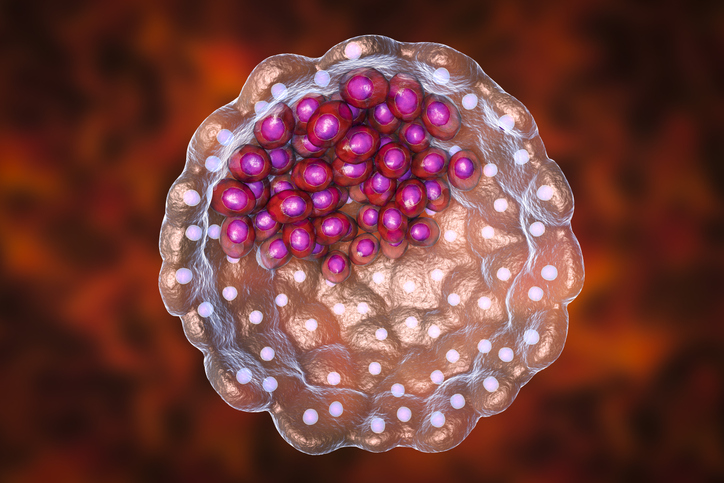
Benefits
- Promotes tissue healing: Stimulates natural repair through exosomes and cellular communication.
- Reduces tissue degeneration: Enhances regeneration in targeted areas.
- Complementary treatment: Ideal for regenerative medicine protocols and therapeuti
Who are the Candidates?
- Patients with sarcomas or solid tumors accessible for puncture.
- Individuals requiring tissue repair and enhanced cellular recovery.
- Candidates for regenerative medicine therapies needing localized stimulation.
Available Presentations
- 1g of placenta in powder (coarse grain), chunks, or gel formulations.
Administration Method
- Subcutaneous or Intramuscular: Applied directly to the treatment area under professional supervision.
Storage Recommendations
- Powder and chunks: Store at room temperature.
- Gel: Requires refrigeration between 2° to 4°C. Can be frozen without losing efficacy.
Human Placenta is an innovative therapeutic solution that enhances cellular communication, promotes tissue regeneration, and serves as a key complement in advanced regenerative medicine protocols.
Short and Long Chain Peptones: Muscle Stimulation and Skin Tightening
What are Peptones?
Short and Long Chain Peptones are peptides composed of 6 amino acids, extracted from umbilical cord connective tissue and placenta. Designed to stimulate muscle growth and improve skin firmness, they are administered intramuscularly or subcutaneously.
What do they do?
- Muscle Mass Increase: When applied intramuscularly, peptones are absorbed by muscle fibers, promoting protein synthesis and increasing muscle mass, especially in areas such as the glutes.
- Collagen Stimulation: In subcutaneous application, peptones trigger a moderate inflammatory response that stimulates collagen production, improving skin firmness and elasticity.
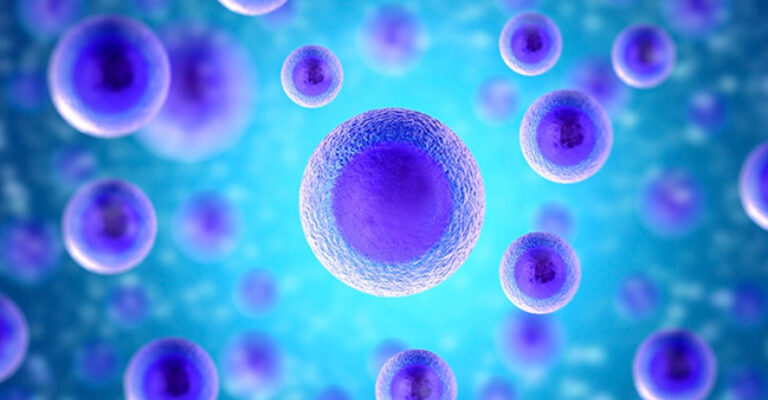
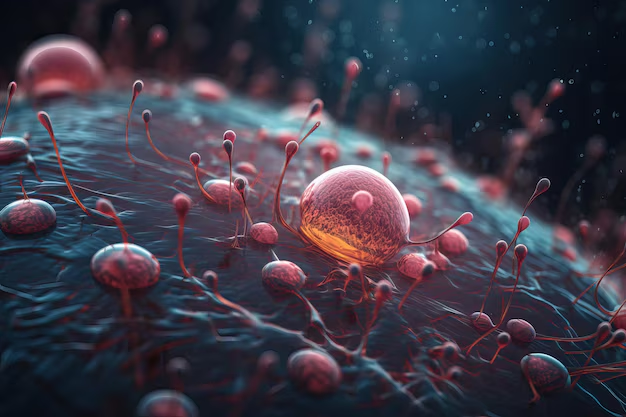
Benefits
- Muscle Volume Enhancement: Improves definition and development in targeted areas like the glutes.
- Skin Firming: Boosts collagen production for a firmer and rejuvenated appearance.
- Targeted Results: Precise action in the treated tissues for visible aesthetic improvements.
Who are the Candidates?
- Individuals seeking increased muscle mass in specific areas like the glutes.
- Patients experiencing muscle tone loss or skin laxity who want firmer skin.
- Those interested in non-invasive aesthetic procedures for body enhancement.
Available Presentation
- Box with 3 vials, 10 ml each.
Administration Method
- Intramuscular: Dilute in a 1:1 ratio with saline solution or injectable water to stimulate muscle growth.
- Subcutaneous: Localized application to promote collagen production and skin tightening.
Short and Long Chain Peptones provide an innovative, science-backed solution for effective muscle enhancement and aesthetic skin improvement, ensuring safe and targeted results through regenerative technology.
Native Mesenchymal Stem Cells: Regeneration and Tissue Repair
What are Native Mesenchymal Stem Cells?
Native Mesenchymal Stem Cells (MSC) are undifferentiated cells with powerful regenerative and anti-inflammatory properties. These cells are naturally designed to repair damaged tissues and promote cellular recovery, making them ideal for a wide range of therapeutic applications.
What do they do?
- Tissue Regeneration: Native MSCs migrate to damaged areas, where they stimulate tissue repair, reduce inflammation, and prevent cell death (apoptosis).
- Anti-inflammatory Action: They regulate the immune response, creating an optimal environment for healing and reducing chronic inflammation.
- Versatile Applications: Their ability to adapt and differentiate into specific cell types allows for targeted tissue repair and rejuvenation.
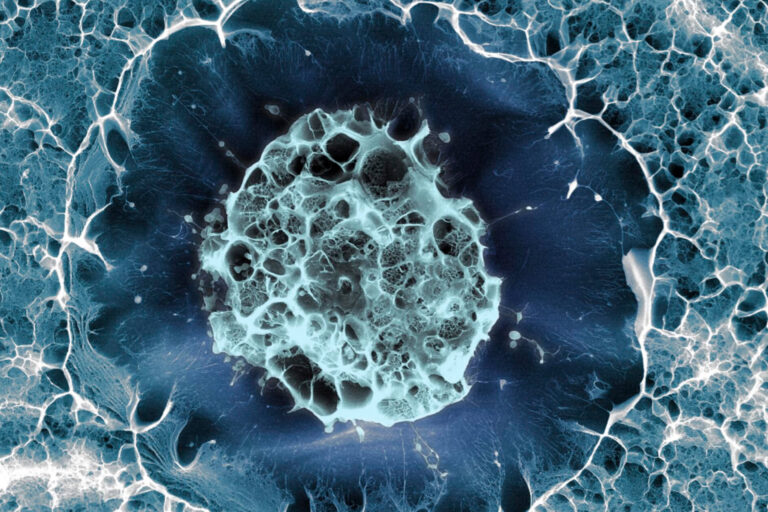
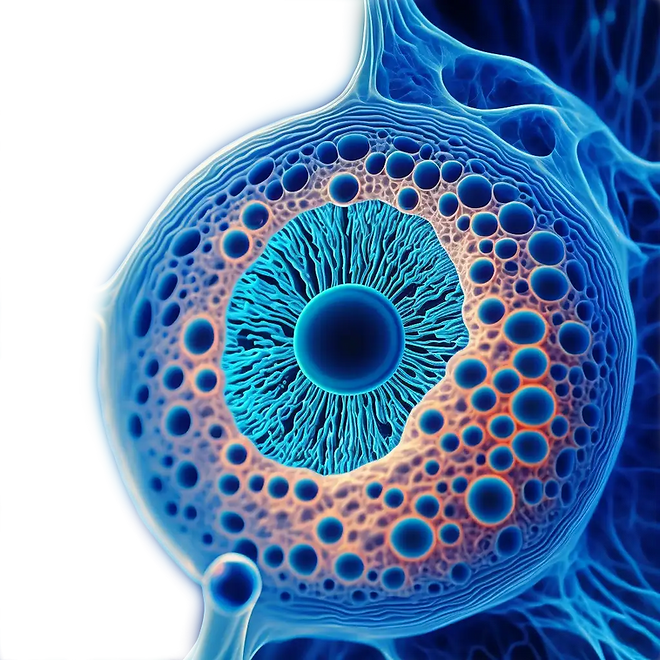
Benefits
- Accelerates healing: Promotes natural regeneration of damaged tissues.
- Reduces inflammation: Modulates immune response for chronic and acute conditions.
- Prevents tissue damage: Protects surrounding cells and prevents further deterioration.
- Versatile use: Effective for conditions involving degenerative, autoimmune, or inflammatory processes.
Who are the Candidates?
- Patients with chronic inflammatory conditions or autoimmune disorders.
- Individuals experiencing tissue damage or degeneration, such as joint injuries or skin conditions.
- Those seeking rejuvenation therapies for dermatocosmetic and anti-aging treatments.
Available Presentations
- 3.5M, 7M, 14M, 21M, 28M, 42M and 49M cells in injectable solution, presented in a secure 4 ml monovette.
Administration Method
- Intravenous: Administered slowly with saline solution for systemic tissue regeneration and repair.
Native Mesenchymal Stem Cells represent the forefront of regenerative medicine, offering a science-based and versatile solution for healing, inflammation reduction, and tissue rejuvenation with proven efficacy and safety.
